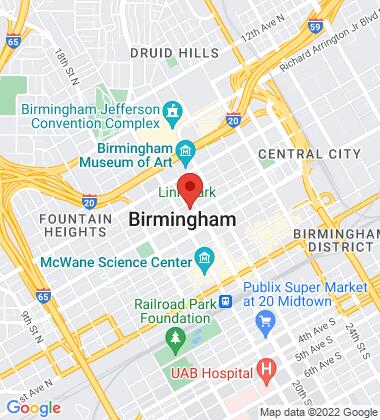What are Miranda Rights?
“You have the right to remain silent. Anything you say can and will be used against you in a court of law. You have the right to speak to an attorney, and to have an attorney present during any questioning. If you cannot afford a lawyer, one will be provided for you.” This perhaps is something we all have heard while watching a cop show or movie. These are called the Miranda Rights.
The Origin Of Miranda Rights
Miranda Rights are named after the landmark U.S. Supreme Court case Miranda v. Arizona. In 1966, Ernesto Miranda was arrested for stealing $8.00 from an Arizona bank worker. After questioning, Miranda confessed to the robbery and not only that he also confessed committing kidnapping and rape. When he was brought in for questioning, he was not made aware of the right to remain silent or the right to an attorney. He confessed to the crimes after two hours of questioning and was found guilty.
Miranda’s conviction was later appealed to the United States Supreme Court. The Justices ruled that the statements Miranda made to the police could not be used as evidence against him because he had not been told about his constitutional rights and this was a violation of his Fifth Amendment rights, which protect individuals from self-incrimination. Since then, police are required to recite the Miranda Rights to suspects before any questioning is started.
The Miranda rights are a critical juncture of the US criminal justice system, specifically designed to protect individuals from self-incrimination during police interrogations. These legal rights when arrested ensure that anyone under arrest is fully aware of their constitutional rights before answering questions or making any statements. In this blog, we will focus on why understanding these constitutional rights during arrest is essential for every American citizen and prevent similar violations of their rights.
The Components of Miranda Rights: The Miranda warning has four main components focussing on police custody rights –
The Right to Remain Silent: This informs the individual under arrest that they have the right to stay silent and not answer any questions posed by law enforcement. Anything they say can and will be used against them in a court of law.
The Right to an Attorney: Individuals have the right to have an attorney present during any police questioning. If they cannot afford an attorney, one will be provided for them, ensuring fair and legal representation.
The Right to Waive These Rights: People must be informed that they can choose to waive these rights voluntarily and speak to the police, but they can also invoke them at any point during the interrogation.
Understanding of the Rights: Law enforcement officers must ensure that the individual understands their rights before proceeding with questioning.
Importance of Miranda Rights: The primary purpose of the Miranda rights is to safeguard citizens from coercive and involuntary confessions that may occur if they are ignorant of their constitutional rights during arrest. In some cases, people confess just under the pressure of authorities which is incorrect. The Miranda Rights are a safeguard of constitutional rights, ensuring a fair and just legal process.
When Miranda rights are in place, they ensure transparency and accountability within the criminal justice system and law enforcement agencies are held to a higher standard of conduct. It is made sure that interrogations are conducted lawfully and with due respect for the suspect’s constitutional rights.
Knowing Your Rights When Arrested: Understanding your Miranda rights is important for every US citizen, as anyone can find themselves involved in a police investigation. Whether guilty or innocent, exercising these rights can protect you from intentionally or unintentionally incriminating yourself..
In case of an arrest, it is advised to remain calm and exercise your rights clearly but respectfully. Inform the officers politely that you choose to remain silent and have the right to an attorney before answering any of their questions. Do not make any statements or sign any documents until you have spoken with your attorney.
It is crucial to know that the Miranda rights only apply when you are in police custody and being interrogated. Other routine questioning during a traffic stop or other non-custodial situations does not require the Miranda warning.
To sum up, Miranda rights play a pivotal role in ensuring a fair and just criminal justice system in the United States. All US citizens should know their Miranda rights and be able to safeguard their liberties and uphold the principles of justice in US society. Whether you are innocent or guilty, it is always best to call Tidwell Law Group before talking to the police.

